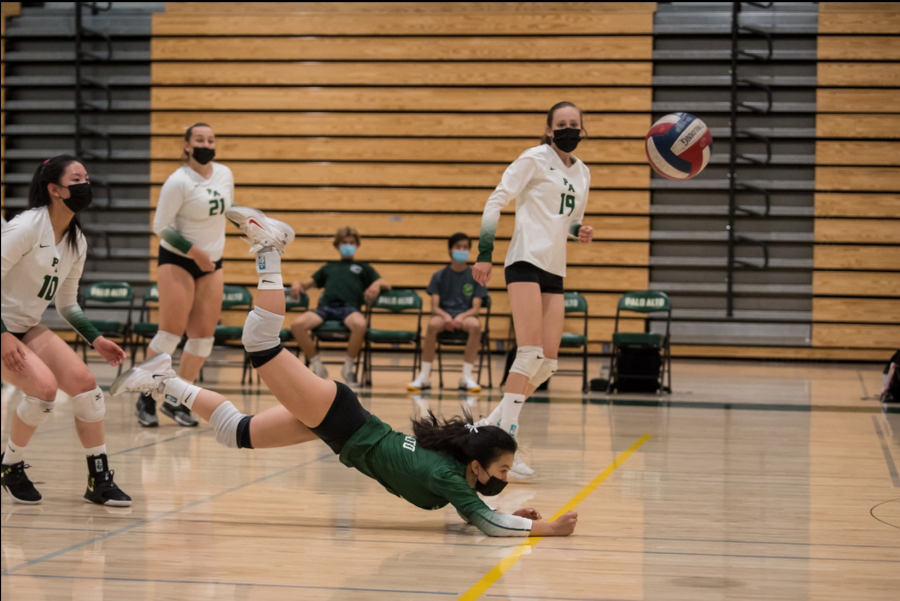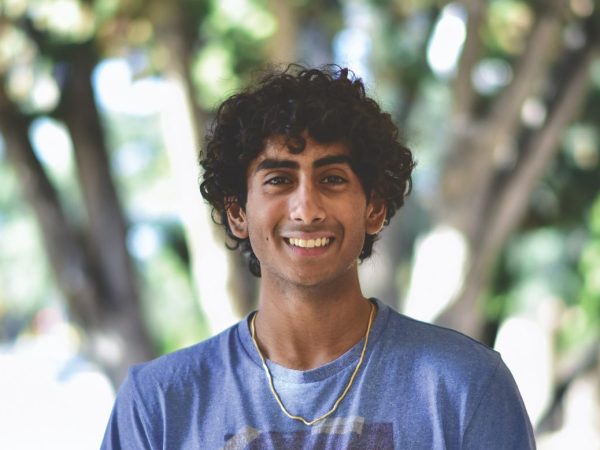While many high school students see summer as an opportunity to relax and spend time on fun activities, varsity track runner Grant Morgenfield spent six days a week this summer training in preparation for the coming season.
For Morgenfield, a junior, off-season practices provide a unique opportunity to engage with the sport he loves without worrying about competition.
“It’s kind of light, and it’s enjoyable,” Morgenfield said. “There’s no real stress behind it. I think training really benefits me and everything else I do.”
Morgenfield is one of many elite athletes who find themselves spending a large portion of summer training for their sport in order to compete at the highest level in high school and potentially college as well. While track athletes can train away from races during the summer, other sports like volleyball have competitions year-round and require constant participation.
“I don’t really think I have an off-season because once the Paly season is over, I have a club season,” varsity volleyball senior Jess Watanabe said. “I kind of just do my training during both seasons because I don’t really have any time off.”
Yet, Wantanabe said even in the short window when she is not playing competitively, she still strives to practice her skills and improve.
“I don’t really have a time where I’m not doing anything, other than a few weeks over the summer,” Watanabe said. “But even then, I’m either going to camps or clinics or trying out different clubs”
Although off-season training is encouraged by coaches, Morgenfield said most athletes are tasked with creating their own regimen to follow.
“The coaches don’t necessarily give me a structure to build off of, so a lot of it is on my own or with a couple other teammates,” Morgenfield said. “But it’s strongly recommended that we keep training.”
Despite the emphasis placed on off-season training, Watanabe said student athletes need to find a balance between rest, recovery and training.
“Obviously, there’s the physical aspect of it, but it’s really mentally exhausting when you’re only thinking about one thing for basically the whole year,” Watanabe said. “So I prioritize resting and watching Netflix or something like that.”
To prevent burnout during the offseason, Morgenfield said he varies the intensity of his workouts.
“Typically, I alternate between easier and harder days,” Morgenfield said. “On easier days, I just go out and run 45 minutes to an hour, and then on harder days I might implement some faster speed stuff.”
Morgenfield added his passion for track drives him to this workout schedule in the off-season.
“I really enjoy running, so it’s kind of an opportunity to get outside and get moving around in the summer,” Morgenfield said.
And for Wantanabe, summer training helps keep her from getting bored.
“I feel like once you’re really passionate about a sport, you don’t know if you like it because you’re good at it or because you actually really like the sport,” Wantanabe said. “So for me, I feel like if I were to not play volleyball, then I don’t really know what I’d be doing, so I guess I enjoy training in that aspect.”
Regardless of motivation, Morgenfield said off-season training is crucial for improvement, and he hopes their year-round training will provide him with an edge during competition season.
“I think I’ve definitely improved a little bit,” Morgenfield said. “I’m really excited to get out there this season. I think I have some really good goals for myself.”


